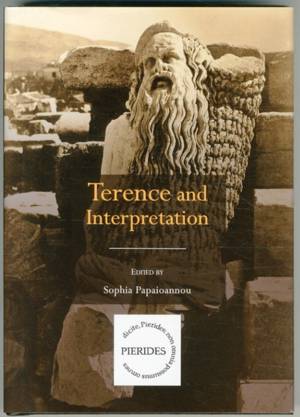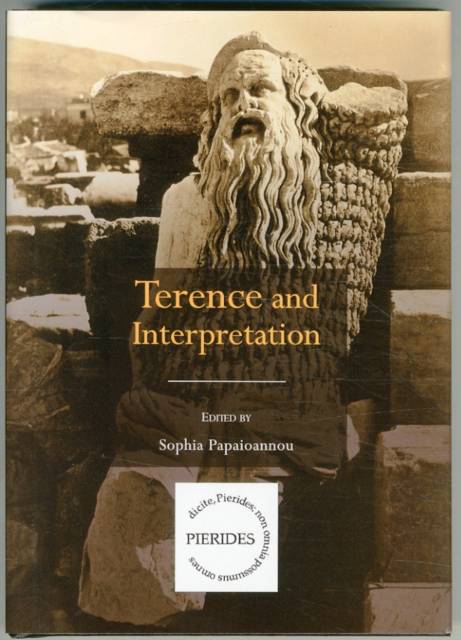
- Afhalen na 1 uur in een winkel met voorraad
- Gratis thuislevering in België vanaf € 30
- Ruim aanbod met 7 miljoen producten
- Afhalen na 1 uur in een winkel met voorraad
- Gratis thuislevering in België vanaf € 30
- Ruim aanbod met 7 miljoen producten
Zoeken
Omschrijving
This volume examines interpretation as the original process of critical reception vis-a-vis Terence's experimental comedies. The book, which consists of two parts, looks at Terence as both an agent and a subject of interpretation. The First Part ('Terence as Interpreter') examines Terence as an interpreter of earlier literary traditions, both Greek and Roman. The Second Part ('Interpretations of Terence') identifies and explores different expressions of the critical reception of Terence's output. The papers in both sections illustrate the various expressions of originality and individual creative genius that the process of interpretation entails. The volume at hand is the first study to focus not only on the interpreter, but also on the continuity and evolution of the principles of interpretation. In this way, it directs the focus from Terence's work to the meaning of Terence's work in relation to his predecessors (the past literary tradition), his contemporaries (his literary antagonists, but also his audience), and posterity (his critical readers across the centuries).
Specificaties
Betrokkenen
- Uitgeverij:
Inhoud
- Aantal bladzijden:
- 325
- Taal:
- Engels
- Reeks:
Eigenschappen
- Productcode (EAN):
- 9781443863858
- Verschijningsdatum:
- 1/10/2014
- Uitvoering:
- Hardcover
- Formaat:
- Genaaid
- Afmetingen:
- 147 mm x 206 mm
- Gewicht:
- 557 g

Alleen bij Standaard Boekhandel
+ 140 punten op je klantenkaart van Standaard Boekhandel
Beoordelingen
We publiceren alleen reviews die voldoen aan de voorwaarden voor reviews. Bekijk onze voorwaarden voor reviews.










